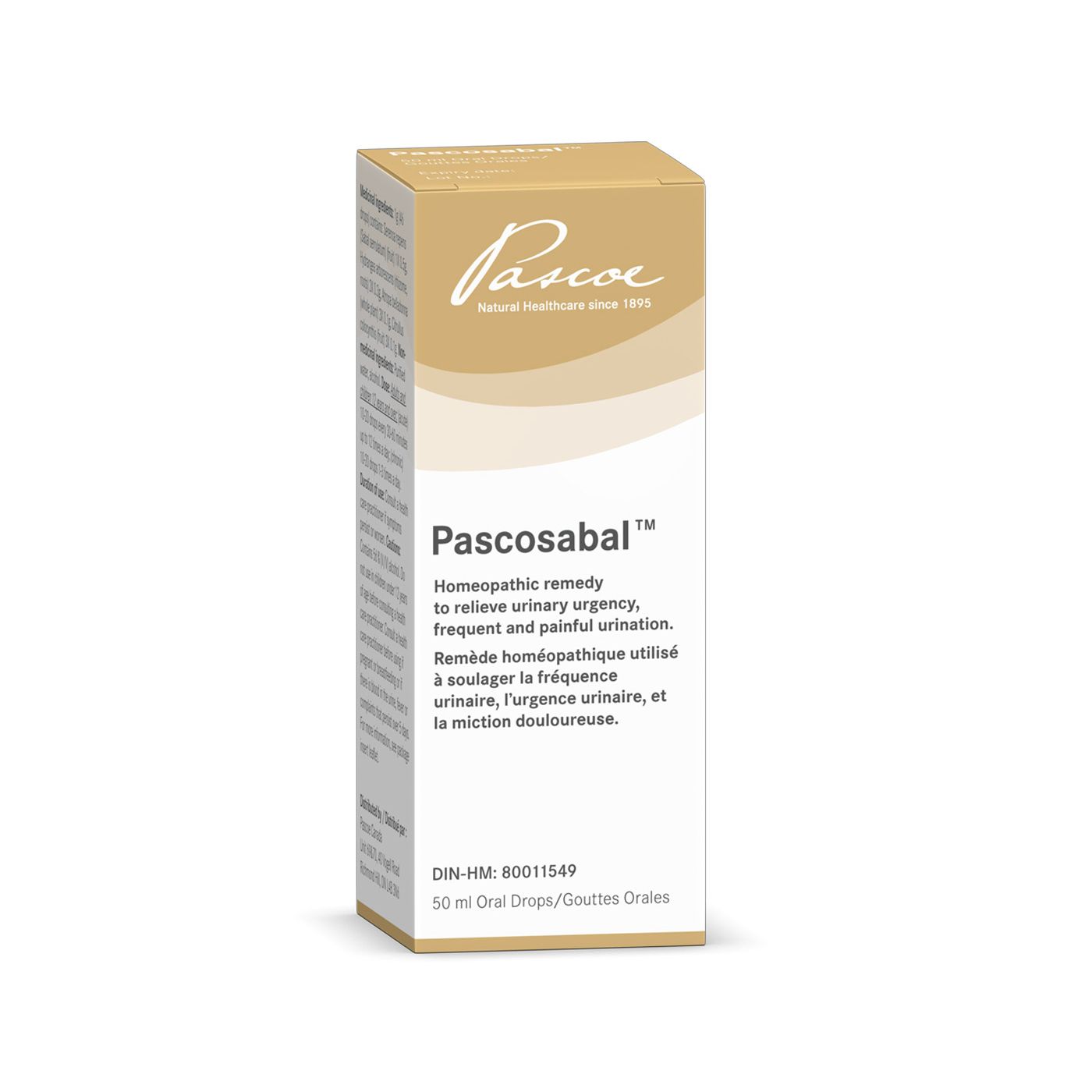

Infections urinaires / infections des voies urinaires
Infection de la vessie? Infections des voies urinaires?
Le système excréteur: les reins, les voies urinaires, la vessie
Les reins et les voies urinaires constituent le système d’excrétion de l’urine.
Les voies urinaires comprennent les organes suivants:
- le bassinet rénal (pelvis renalis) – qui se trouve dans la cavité interne du rein.
- les uretères – qui propulsent l’urine du rein dans la vessie
- la vessie (vesica urinaria) – qui recueille l’urine
- l’urètre – qui sert à évacuer l’urine
Tandis que les reins produisent de l’urine par filtration et régulent l’équilibre en eau, acide, base et électrolyte, l’appareil urinaire est responsable du transport, du stockage transitoire et de l’excrétion de l’urine produite par les reins ainsi que des nombreux produits finaux métaboliques.
En raison de la proximité des systèmes urinaire et reproducteur, ceux-ci sont appelés les voies urogénitales. Des troubles dans cette zone ont souvent une incidence sur les deux parties et sont donc un cas pour l’urologue, ou également le gynécologue pour les femmes.
Infections des voies urinaires ou cystite?
Une infection des voies urinaires est une infection déclenchée par des bactéries et qui affecte les voies urinaires. Puisque de telles infections montent habituellement de la vessie vers l’uretère et le bassinet rénal, les infections de la vessie sont les infections les plus courantes des voies urinaires. L’infection peut toutefois monter davantage et atteindre l’uretère, voire le bassinet rénal. Heureusement, cela est rare, car, autrement, le rein serait en danger.
En revanche, nombreux sont ceux qui souffrent d’infections de la vessie – les experts les appellent cystites, car le mot grec «kystis» signifie vessie.
Quelles sont les causes des infections de la vessie?
Les femmes sont environ 30 fois plus susceptibles d’être touchées que les hommes. La première cause de ces infections est que les femmes ont un urètre plus court, ce qui permet aux agents pathogènes de «monter» plus facilement, car les infections urinaires sont principalement déclenchées par des bactéries ou des levures provenant de l’intestin. En raison de la proximité anatomique, ces derniers peuvent facilement passer de l’anus dans les voies urogénitales au moyen de l’urètre et la vessie et atteindre les uretères. Ils peuvent même monter jusqu’au bassinet rénal.
Les agents pathogènes se propagent couramment en raison d’une mauvaise hygiène ou lors de rapports sexuels. Les femmes sexuellement actives souffrent plus fréquemment d’infections de la vessie. Ainsi, une infection aiguë de la vessie après un rapport sexuel est aussi appelée cystite de lune de miel.
Les hommes plus âgés sont également sujets aux infections des voies urinaires et aux infections de la vessie. En raison de l’hypertrophie de la prostate qui se produit fréquemment (hypertrophie prostatique), le flux urinaire est obstrué et l’urine résiduelle est un terrain de reproduction idéal pour les germes.
Les symptômes de l’infection des voies urinaires
Les symptômes typiques sont, entre autres:
- un besoin constant d’uriner
- une sensation de brûlure et des douleurs lorsque vous urinez
- d'éventuelles crampes abdominales, de légères douleurs abdominales
- présence de sang dans l’urine, urine trouble
- Pour une infection grave, vous observerez également:
des frissons, la fièvre, des fortes douleurs et les vomissements.
Cependant, les symptômes ne surviennent pas toujours à cause d’une infection des voies urinaires. Dans certains cas, des bactéries peuvent être détectées dans les voies urinaires, sans toutefois causer l’apparition de symptômes. Les médecins l’appellent une bactériurie asymptomatique.
Quand devriez-vous consulter un médecin?
Une évaluation médicale est toujours nécessaire si vos urines contiennent du sang, si les urines sont troubles, si vous avez de la fièvre ou si les symptômes sont extrêmement graves ou reviennent fréquemment. Il peut être nécessaire de prendre des médicaments comme les antibiotiques. Il est important que l’infection ne monte pas davantage vers le bassinet rénal.
Conseils pour le traitement des infections des voies urinaires et des infections de la vessie:
- Buvez beaucoup! – malgré la douleur, en particulier de l’eau et du thé (p. ex. thé diurétique): Les agents pathogènes peuvent également être éliminés avec du liquide.
- Assurez-vous de rester au chaud:
- o prenez des bains de siège et ajoutez de la prêle des champs
- o placez des sacs de fleurs de foin chauds ou des oreillers de noyaux de cerise chauds sur votre abdomen.
- o habillez toujours votre région lombaire en fonction du temps qu’il fait – il vaut mieux trop chaud que trop froid.
- Assurez-vous que vos pieds sont chauds et que votre circulation est bonne:
- o bains de pieds à température ascendante, bains de pieds alternés chaud-froid, sauna, hydrothérapie
- Évitez trop de sucre, de sel et d’épices chaudes.
Que faire pour prévenir les infections?
- Pour les infections urinaires récurrentes: Faites tester votre flore bactérienne par un médecin ou un autre spécialiste. Qui plus est, il existe une relation étroite entre la flore vaginale et intestinale, et des flores intestinale et vaginale saines procurent une bonne protection contre les infections.
- Buvez toujours beaucoup afin qu’aucun pathogène ne puisse s’établir dans les voies urinaires.
- Pour protéger la flore vaginale, vous devez éviter les sous-vêtements en fibres synthétiques, les tampons et l’utilisation constante de protège-dessous.
- Les symptômes dans les voies urinaires peuvent aussi avoir une origine psychologique. Cela se reflète dans les expressions idiomatiques comme «ça me démoralise» ou dans l’expression «la plus grosse larme du corps» pour désigner la vessie. Les infections des voies urinaires récurrentes et continues sont souvent associées à des troubles psychologiques: Apprenez et pratiquez les techniques de relaxation!
- Faites attention à votre hygiène personnelle:
- lavez les parties génitales : de l’avant vers l’arrière!
- évitez l’utilisation de produits de soins personnels parfumés dans la région génitale
- utilisez des sous-vêtements perméables en coton
- essayez d’uriner 15 minutes suivant le rapport sexuel
Aide naturelle
Les mesures naturopathiques se sont également avérées efficaces comme traitement de soutien. Même si vous souffrez continuellement d’infections urinaires récurrentes ou d’une vessie dite irritable.
Il existe un remède Pascoe pour cela!
As the bladder is part of the urinary system it can result in symptoms within that system including:
- burning on urination
- trouble urinating
- cloudy or dark urine
- blood in the pee
- fullness or tenderness of the lower abdomen
- and many more
It can also travel up the urinary tract causing kidney infections or pyelonephritis. Kidney infections are much more severe and often need antibiotic treatment. They are not the same as kidney stones which often present with much more acute, spasming pain.
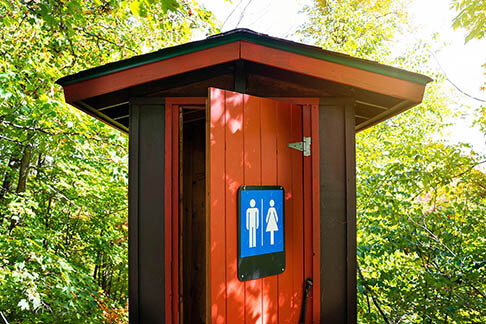

What is the urinary system made up of?
This system is made up of various structures and organs that contribute to our ability to create and expel urine. These include the kidneys, urinary tract, and bladder. The kidneys make up the urine excretion system together with the urinary tract. If bacteria get into one area of the urinary tract causing cystitis or kidney infection or pyelonephritis it can easily spread into other areas of the system.
What is the urinary tract made up of?
The urinary tract is made up of the following:
- Renal pelvis (Pelvis renalis) – is found in the inner cavity of the kidney
- Ureters – propels urine from the kidney into the bladder
- Bladder (Vesica urinaria) – collects the urine
- Urethra – is for urine excretion –takes the urine from the bladder to the outside of the body
While the kidneys produce urine by filtration and regulate the water, acid, base and electrolyte balance, the urinary tract is responsible for transporting, transiently storing and excreting the pee produced by the kidneys along with the many metabolic end products. Any form of urinary tract infection (UTI), kidney infection or kidney disease will affect the entire system and our ability to expel waste through urination.
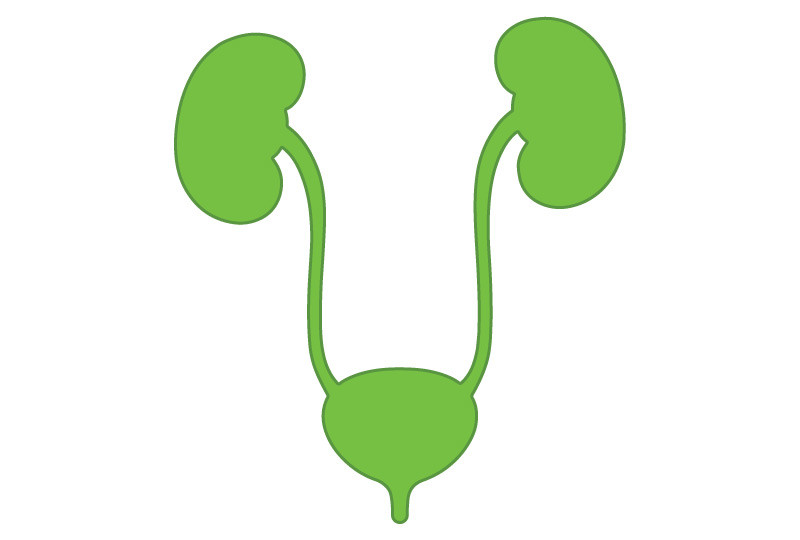

Due to the proximity of the reproductive system and urinary area, these are referred to as the urogenital tract. These systems are intimately connected. This means that if a pathogen gets into one part of the urinary system it can easily continue to travel to other parts causing further infection. This means that a urinary tract infection can lead to cystitis, which can lead to a kidney infection. This also explains why UTI symptoms are like kidney infection ones and why they can both produce blood cells in the urine when a urine sample and urine culture are done. Disorders in this area often influence each other and are, therefore, a case for the urologist.
Is it a urinary tract infection, bladder infection or kidney infection?
Inflammation that is triggered by bacteria and which affects parts of the urinary tract is referred to as a urinary tract infection (UTI). Often a bacterial infection will start in the urinary tract. From there it will ascend towards the bladder and stay there for a while causing pain and inflammation (cystitis). Bladder infections are the most commonly occurring infections of the urinary tract. They are often uncomplicated cystitis and will remain in the bladder eventually resolving on their own or with help from treatment such as antibiotics. The pathogen can stop in the bladder or sometimes it can continue to ascend into the renal pelvis entering the kidneys and causing a kidney infection. Kidney infection symptoms include extreme low back pain, urinary symptoms and blood in the urine. They are much more dangerous then cystitis and can cause much worse side effects and even be life-threatening.
It is important to treat a UTI or bladder infection, either pharmaceutically with antibiotics or naturally, in order to prevent this complication. Kidney infections can also be referred to as pyelonephritis. If symptoms appear consistent with a kidney infection a healthcare provider should be sought out to rule out other kidney pathologies such as:
- Kidney stones
- Kidney disease
- Pyelonephritis
- Glomerulonephritis.
These conditions as well as others such as urethritis may present like a bladder or UTI but have different causes and treatments.
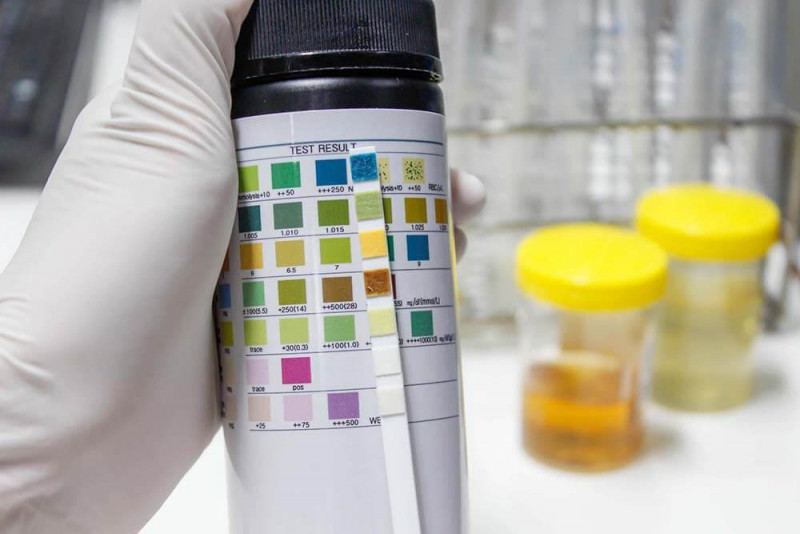

The best way to differentiate between these conditions is through a urine test and possibly a urine culture which helps to identify any bacteria in the pee as well as white blood cells or red blood cells. The presence of these two things will often point to a UTI as a cause of the symptoms.
This urine sample is often needed to differentiate the location of the infection as symptoms of a UTI are very similar to symptoms of a kidney infection. If symptoms progress towards that of a kidney infection it is always important to rule out other kidney conditions including:
- Pyelonephritis
- Kidney stones
- Kidney damage
- Kidney failure
Acute pyelonephritis can be an extremely severe condition and almost always needs antibiotic treatment.


What causes bladder infections?
Women are approximately 30 times more likely to be affected than men. The primary cause for these is that women have a shorter urethra than men. This enables pathogens that get into the urethra to "ascend" more easily. They have less resistance and shorter duration to travel then pathogens that get into a male ureter. Once the bacteria or yeast get into the bowel they will often trigger a urinary tract and bladder infection.
Due to the anatomical proximity, these can easily move from the outside in the urogenital tract via the urethra and bladder to the ureters. They can even ascend to the renal pelvis and kidneys. Other risk factors of developing a urinary tract infection (UTI) include:
- Having a urinary catheter
- Frequent antibiotic use
- Pregnant women
This could be because of some hormonal component for the development of infections. Birth control could play a role in hormone balance and may contribute to the worsening or lessening of symptoms.
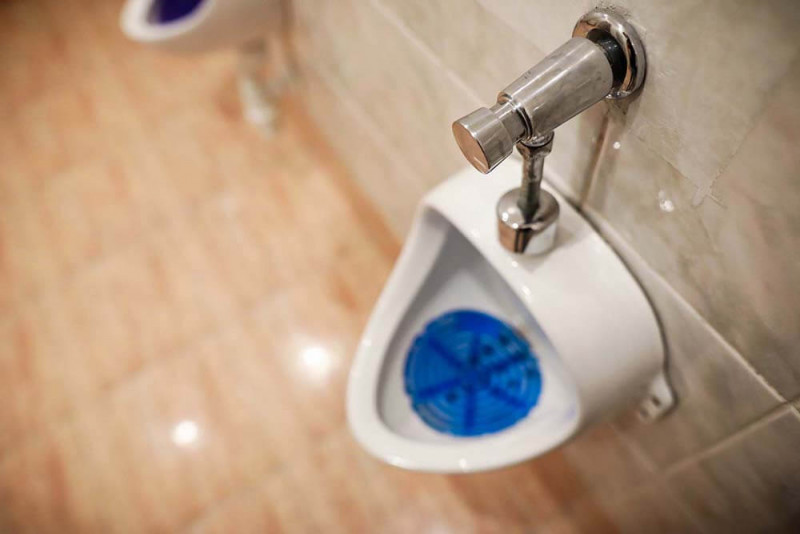

One of the things to take into consideration is how the bacteria get into the urethra in the first place. The pathogens commonly spread due to incorrect hygiene or through sexual intercourse. Sexually active women suffer from bladder infections more frequently as it allows bacteria and yeast to have direct access to the urogenital tract. Thus, an acute bladder infection after sexual intercourse is also termed honeymoon cystitis. It is important to urinate after sex to get rid of any bacteria that may have been introduced into the body to prevent it from ascending into the bladder and kidneys. Older men are also prone to urinary tract infections and bladder infections. They are more susceptible because of the prostatic enlargement (please see prostate disorders for more information) that happens as a man ages. This prostate enlargement puts pressure on the male urethra making it harder for the body to urinate and get rid of any pathogens. In addition, the flow of pee is obstructed, and the residual urine is an ideal breeding ground for germs.
Other things that can increase the risk of UTI's is anything that makes it easier for pathogens to enter the reproductive tract or harder for pathogens to leave. This can include tight clothing or wearing a wet bathing suit. Proper hygiene of the genital area as well as giving the space area to breathe can have huge implications for preventing a urinary tract infection. In addition, supporting and nourishing the immune system through diet and lifestyle can help the body to fight off an infection if it does happen, decrease the side effects and symptoms associated with the infection.


What are urinary tract infection (UTI) symptoms?
Typical symptoms of a bladder infection, kidney infection and other urinary infections include:
- A frequent and constant need to urinate
- A burning sensation and pain while urinating
- Possible griping
- Low abdominal pain
- Blood in the pee
- Cloudy pee
- Strong-smelling or foul-smelling pee
- Urinary incontinence
- Dysuria (pain or discomfort when peeing)
And for a severe infection also: Shivering, fever, strong pain and vomiting. Bladder infection symptoms do not always occur with a UTI. There are cases where bacteria can be detected in the urinary tract, but they do not cause any symptoms. Doctors term this an asymptomatic bacteriuria.
When should you go to the doctor?
A medical evaluation is always necessary if there is blood in the urine, the urine is cloudy, fever occurs, or the symptoms are extremely severe or return frequently. It may be necessary to take medications such as antibiotics. It is important that the infection does not ascend further towards the renal pelvis.
What can you do to prevent infections?
For recurrent bladder infections and recurrent urinary tract infections (UTI): Have your bacterial flora tested by a doctor or alternative practitioner. Again, there is a close relationship between the vaginal and intestinal flora and healthy intestinal and vaginal flora provide good protection against infections. Always drink plenty so that no pathogens can establish in the urinary tract. To protect the vaginal flora, you should avoid underwear made of synthetic fibres, tampons and constant use of panty liners. Symptoms in the urinary area may also have a psychological component. Continuously recurring UTI's are commonly associated with a psychological toll: Learn and practice relaxation techniques!
Make sure that your feet are warm and your circulation is good. Keep warm and dress your lumbar region according to the weather – it's better to be too warm than too cold, but make sure to wear loose-fitting clothes. Warm baths or sitz baths may be helpful, as well as rising temperature foot baths, alternate foot baths, sauna, & water-treading. Physical activity and exercise are important as well.
You can also look at Pascosabal® which is a homeopathic remedy to relieve painful, frequent urination. Pascosabal helps reduce inflammation in the urinary tract, ultimately easing the pain or discomfort associated with dysuria, and reducing the sudden urgency and frequency of urination. Pascobal’s antispasmodic effect helps curb the frequency of urination as well.
Long-term can look at good bacteria in the urinary system and try and replenish it as changes in the good bacteria can be a risk factor to developing kidney infection symptoms. Also, look into hormone balancing techniques that may be impacting the urinary area - possible evaluation of birth control methods.


- Wash the genitals: from the front to the back!
- Regular intake of cranberry juice may help to prevent bacteria from adhering to the walls of the bladder or urinary area
- Avoid the use of fragrances in personal care products in the genital area
- Use breathable underwear made from cotton
- Try to pass pee within 15 minutes of having sex
- Naturopathic measures have also proven successful as a supportive treatment even if you suffer from continuously recurrent urinary tract infection (UTI), acute UTI's, urethritis or so-called irritable bladder.
There's a Pascoe Remedy for that!



